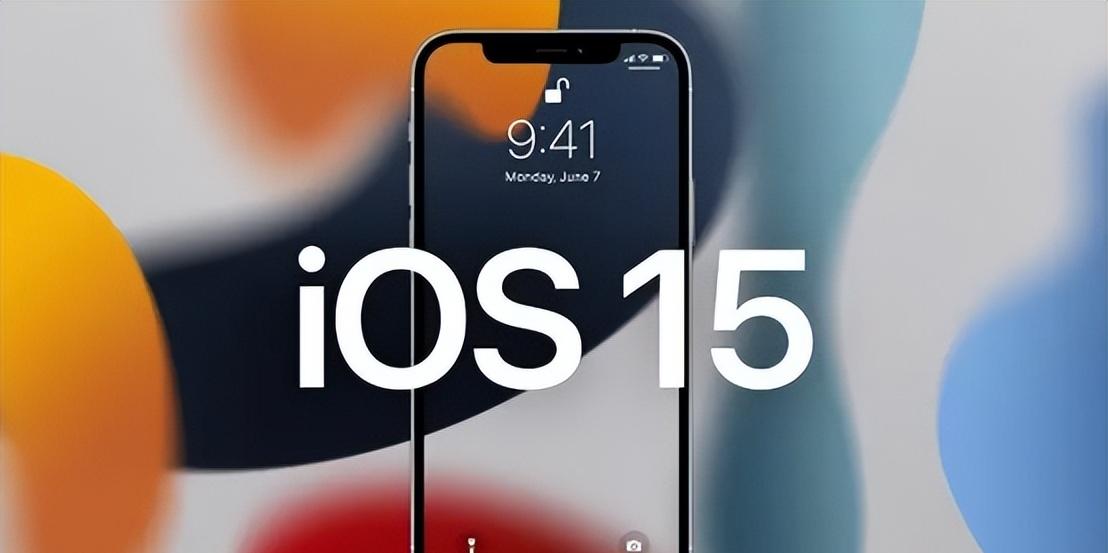As we all know, today's domestic mobile phones are becoming more and more powerful, and there are more and more products that can compete with Apple's iPhone series. But there is always a controversial problem: the system of domestic mobile phones is not as smooth as Apple's iOS. Everyone's view on this issue is different.

Some people think that the system of domestic mobile phones is not as good as iOS, and there is nothing to admit; some people think that the system of domestic mobile phones has actually been improving. In fact, the system of domestic mobile phones has been looking for its own "answer", and has left one lesson after another on this road.
Pulling back the time to 2008, not long after the release of the original iPhone, Android also fell to the ground. That year, China Mobile had the foresight to launch its own mobile phone system, OMS. According to the original vision of mobile, this is a system that opens the entrance to the mobile Internet platform, and integrates many mobile applications such as Fetion, 139 Mailbox and so on.
Unfortunately, this system was abandoned by Mobile because of the poor market response. Later, the Unicom WoPhone system appeared, which is based on the Linux kernel and is a separate operating system that is completely independent of Android. But this system has a riot operation, in order to use, each mobile phone must pay a 30 yuan authorization fee, killing themselves.
Later, Alibaba Cloud also joined the battlefield of mobile phone systems, and launched the Alibaba Cloud OS, which has a wealth of software available through compatibility with the Android ecosystem. But unfortunately, due to various reasons, Alibaba Cloud OS can only cooperate with some small factories, and with the decline of small factories, it has also fallen, and to this day, Alibaba Cloud OS is basically not seen in the mobile phone field.
Seeing this, some people may ask: Is the domestic mobile phone system really unable to find its own "answer". Of course not, Huawei's Hongmeng OS is one of the answers. In addition, there are also veteran mobile phone manufacturers who have been insisting on making efforts on the mobile phone system and have achieved good results, such as the achievements of the national brand Coolpad in the system in the past two years.
It is reported that since its inception in 1993, Coolpad has always insisted on innovation and research and development of mobile phone systems, and now it has ranked second in the core branch code contribution ranking of the Linux core community in China's mobile phone brands, only after Huawei, and the proportion of Coolpad's R & D personnel has exceeded 70%. Thanks to this scientific research background and the importance of R&D innovation, we can see the strength of its self-developed system COOLOS from the new Coolpad COOL20 series machine.
It is worth mentioning that when releasing the new Coolpad COOL20Pro, Coolpad also said that its goal is to lead and design the next generation of operating systems, and will continue to invest in research and development on operating systems in the future. Today, that goal has taken a big step forward. Because coolpad has signed a strategic cooperation agreement with Tencent Cloud to become an important partner of Tencent Cloud in the field of next-generation operating system.
Because Tencent Cloud has a cloud infrastructure that covers the world, high-speed and stable, security and compliance, while Coolpad has a rich R & D technology background and many innovative patented technologies, the two hand in hand may really be able to find their own "answer" for the next generation of domestic mobile phone systems.
There is a saying that the mobile phone system must ultimately be implemented on the product to reflect its advantages and disadvantages, so we may as well boldly guess whether Coolpad and Tencent Cloud will work together to develop a different system? Will this system be applied to Coolpad's new machine? Can it be compared to Apple's iOS? These are all worth waiting and seeing.